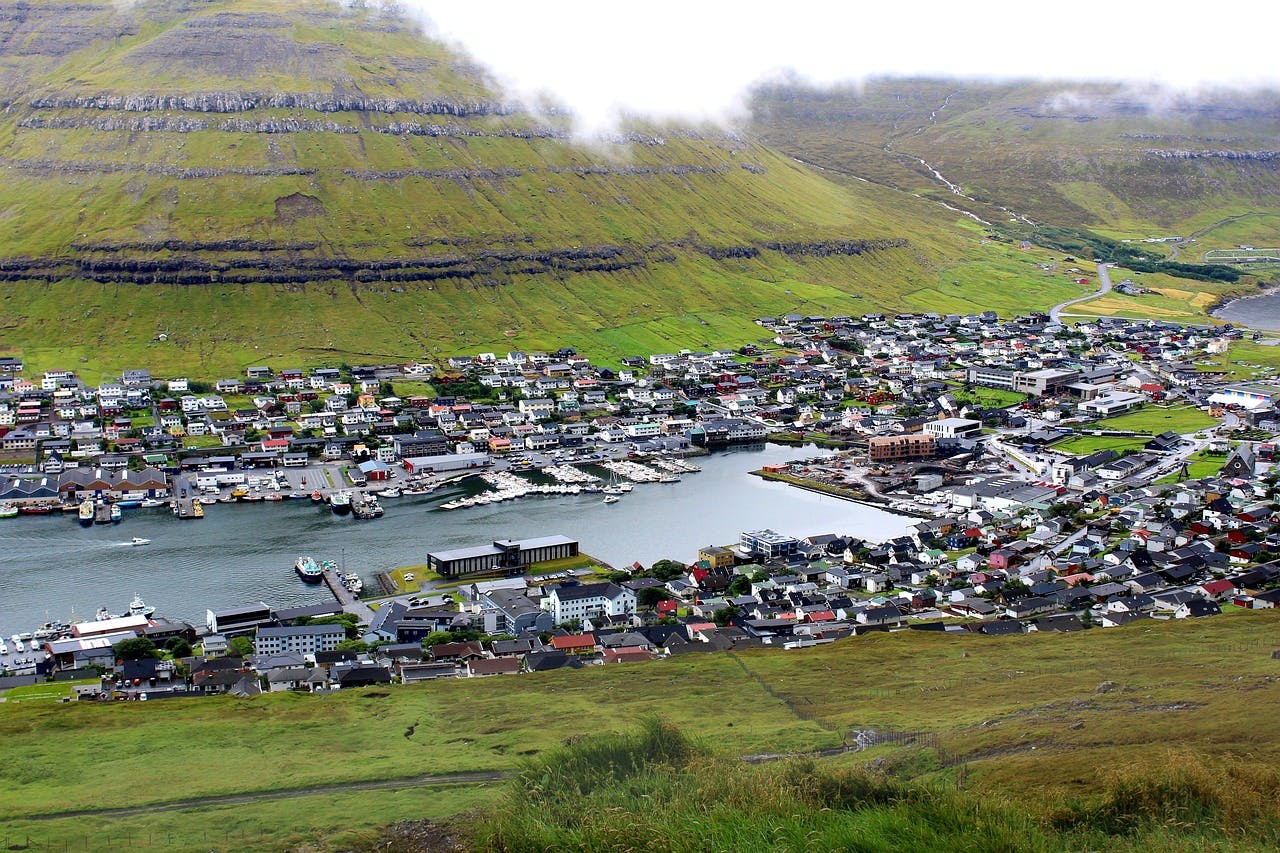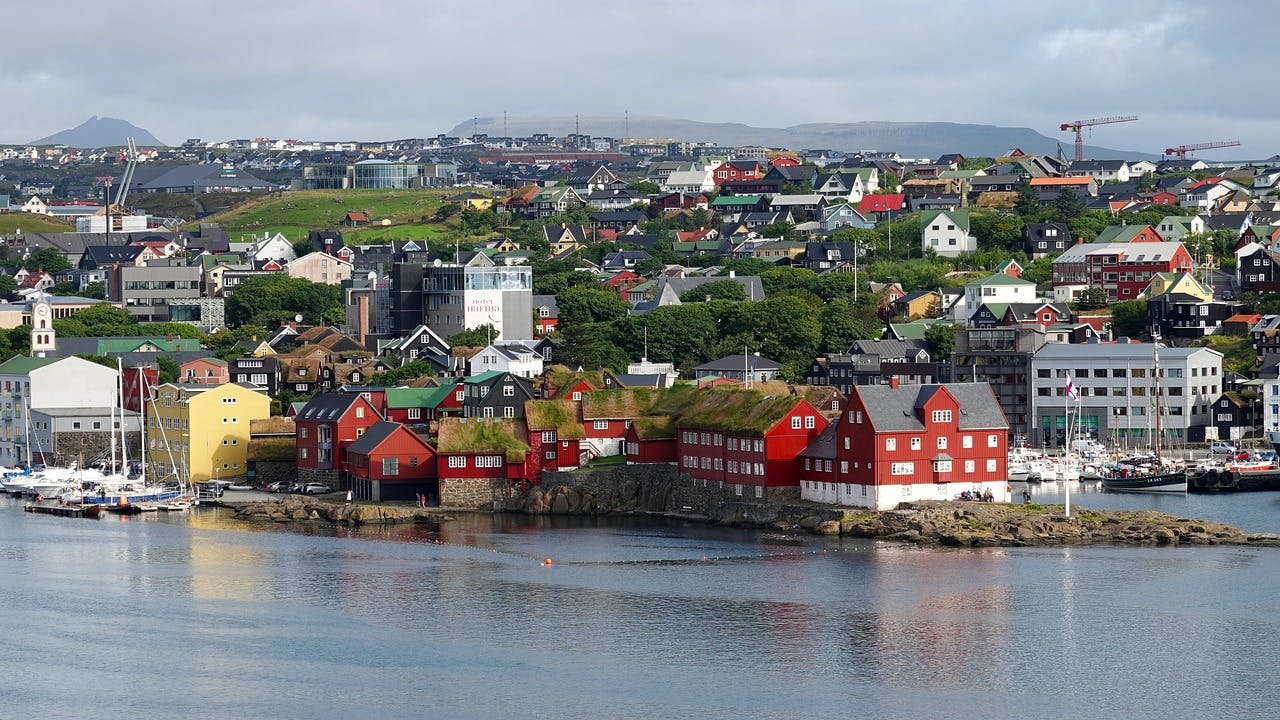Article
Your Guide to Payroll in the Faroe Islands
The Faroe Islands, an archipelago of 18 volcanic islands, have the unique status of an autonomous territory officially under Danish sovereignty. In this article, we look at the intricacies of payroll administration in this region.
Characterized by rugged terrain and narrow fjords, the Faroe Islands boast stunning natural beauty. Despite their northern latitude, the islands experience mild winters and cool summers. Whether arriving by air amidst towering mountains or by sea through picturesque fjords, visitors are greeted by awe-inspiring landscapes year-round.
While renowned for its natural splendor, the Faroe Islands also stand out economically. With one of the highest GDP per capita rankings worldwide, this self-governing archipelago relies heavily on industries such as fisheries, aquaculture, shipping, biotech, and marine biology, all closely tied to the surrounding ocean.

An Introduction to Payroll in the Faroe Islands
In the Faroe Islands, almost all employment conditions are regulated by collective agreements between employers' organizations and trade unions. These agreements vary depending on the sector and occupation.Standard working hours are generally 40 hours per week, with overtime being compensated in accordance with the provisions of the respective collective labor agreements.The level of minimum wages is determined by collective agreements and can vary depending on the industry and function.
According to Salary Expert data from 2021, the average annual salary for a job in Torshavn, the capital of the Faroe Islands, is approximately 415,662 kr. (DKK) per year.
Payroll Components in the Faroe Islands
The wage and salary components in the Faroe Islands include gross salary, income tax, social security contributions and pension contributions. Gross salary is an employee's total income before all deductions, including basic salary, overtime pay, bonuses and other allowances.
The Faroese tax system is progressive, i.e. tax rates increase with higher income and include both municipal and national taxes. Both employers and employees pay into the social security system, which includes pensions, unemployment insurance and health insurance. Contributions to statutory pension insurance are generally shared between the employer and the employee.
The payroll process begins with employee registration. Employers must register new employees with the Faroese Tax Authority (TAKS) and the Faroese Social Insurance Authority (Almannaverkið).
Salaries are usually paid monthly and the employer is responsible for ensuring that payments are made on time in order to comply with legal requirements.The employer is obliged to report all data to TAKS and Almannaverkið, including the submission of tax returns and social security contributions.

Key Considerations
- Employees in the Faroe Islands must have a tax identification number (TIN) for tax purposes.
- Employees are entitled to paid holiday, usually 25 days per year, with holiday pay calculated on the basis of the employee's average salary.
- Employees are entitled to sick pay, which can be paid by the employer or by social insurance, depending on the duration and nature of the illness.
- The Parental Leave Guidelines provide a guide to paid leave for new parents, setting out the duration and rates of pay for maternity and paternity leave.
Conclusion
Payroll in the Faroe Islands requires an understanding of and compliance with local regulations, tax laws and social security requirements. Employers must stay up-to-date with changes in collective agreements and legislation to ensure accurate and timely payroll.
By working with a team of experts like Swapp Agency, you can streamline payroll in the Faroe Islands and ensure accurate calculations, timely payments and compliance with local tax authorities. This way, you can ensure compliance and make sure your employees are treated fairly.